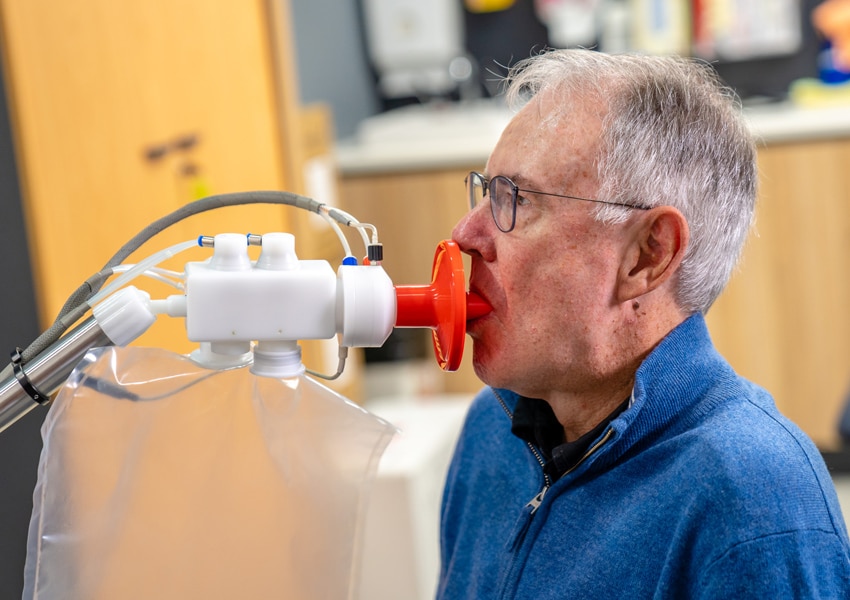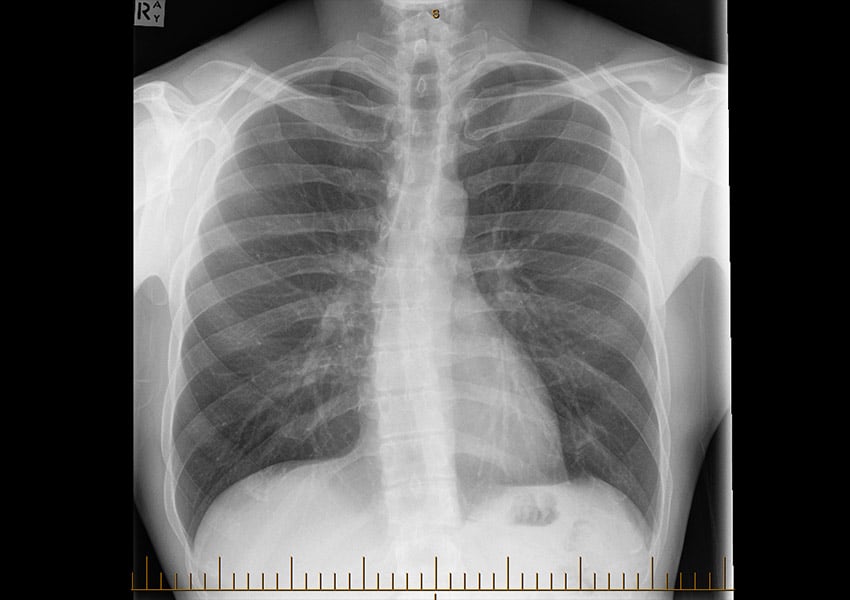What is insomnia?
Most people at some stage in their lives will experience difficulty falling asleep or staying asleep. This is called insomnia. Mild insomnia is very common and lasts only a few nights and occurs rarely. Some people experience insomnia more frequently, for longer periods, or persistently every time they try to sleep.
What causes insomnia?
There are key factors that make it more likely for someone to develop insomnia. These include certain medical and mental health conditions, medications, and social factors. These can include differing sleep schedules with a bed partner. Having another sleep condition is also a risk factor for insomnia.
Often there are factors leading up to your episode of insomnia that may be a trigger. This may be a stressful event at work or in personal life. Other triggers include changes in physical health, medications or diet. Sometimes there is no clear cause.
In people who develop persistent insomnia, there are often behaviours a person adopts to cope or compensate for the lack of sleep. Examples of this include spending more time in bed, watching television or working whilst in bed.
What are the effects of insomnia?
Insomnia often results in an adequate amount of sleep. During the day you may feel tired or fatigued easily. People with insomnia may describe being in a “brain fog” or feeling that they have poor concentration or memory. People who are sleep deprived are at higher risk of traffic accidents or work injuries. The lack of sleep can affect your emotional wellbeing and lead to feelings of frustration or a depressed mood.
How can we help?
We recognise the distress caused by insomnia and how it affects your physical and mental wellbeing. Our sleep specialists at Lung and Sleep will conduct a comprehensive review of you and your sleep. We will identify the causes and contributing factors to your sleeping difficulty. There is no standard test for insomnia, but our sleep specialists may order an overnight sleep test to rule out other sleep problems which may contribute to insomnia.
Sedative medications can give you a good night of sleep but come at a cost. There are risks of side effects and they become less effective if taken regularly. They can also be habit-forming, making it difficult to stop taking them. Addressing the underlying causes for insomnia is a much more effective treatment strategy than taking medication. Our sleep specialists will help you identify and manage the causes for your sleeping difficulty. Sometimes you may be referred to a sleep psychologist to help formulate strategies and support you in achieving your sleep goals.






